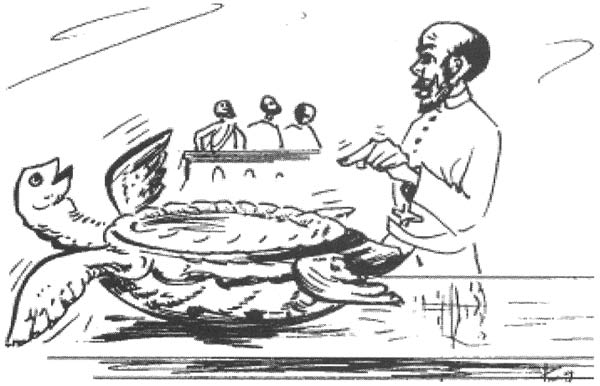
Fr. Victor DESLANDES
The mission of the Oblates has always been to come to the defense of society’s poorest. Thus, in the last century we have seen Father Albert Lacombe take up the cause of the Amerindians of Western Canada against the white men who were invading their hunting grounds. Today, in South Africa, Oblate Bishop Denis Hurley remains on the side of the Blacks against the flagrant injustices of apartheid. In Ceylon, another Oblate, Father Victor Deslandes, once appeared in court to defend the rights of the Jaffna fishermen.
A Friend of the fishermen
Father Deslandes was born in France, in 1872. After his ordination to the priesthood as an Oblate, he was sent to Ceylon in 1903. This ardent missionary immediately revealed a talent for organization, which he willingly placed at the service of the pariahs in his mission at Iranaitivu. He always keep abreast of the most advanced fishing methods. This enabled him to improve the material conditions of his fishermen considerably.
It must be mentioned that at that time there existed at Jaffna a society for the protection of animals, the S.P.A., which had many fanatical members, as can be found today in similar societies, who tended to be more concerned with the defense of animals than with the needs of humans! For their part, the fishermen did what they could to protect from the sun’s heat the sea turtles which they captured. The sale of a single one of these large animals could provide enough to nourish an entire family for one month.
A Ridiculous trial
Now, one morning the president and secretary of the above-mentioned society decided that it was time for action. They had seen, with their own eyes, the cruelty of the fishermen. Imagine! Sea turtles on their back, with belly up, beating their fins to show their pain. A sea turtle was taken and brought before the tribunal. Father Deslandes, as member of the fishermen’s committee, was summoned to court. Upon entering the courtroom, he noticed a sea turtle on a table, resting on its back. The two gentlemen followed each other to the bar. The first one said: “This is evidence of the fishermen’s cruelty.” The second one continued: “See how much this unfortunate turtle is suffering.” Then the judge addressed the Oblate: “Father, tell us, why do your sailors keep their sea turtles on their back ?” The missionary replied: “It’s very simple. Set them upright and they will die in the next hour. Lie them on their backs, and they could live for two or even three weeks.” “Explain this to us” continued the judge

An appropriate defense
The priest then approached the table, and taking the turtle in his hands, began to give the judge and the witnesses a brief lesson in zoology. “I must remind you, gentlemen, that there exist notable differences between the sea turtle and the land turtle. The land turtle has legs and can hide its head within its shell. What you see here is a sea turtle. Look carefully. Instead of legs it has four fins, two larger ones in front and two smaller ones in back to serve as rudders. Moreover, it cannot retract its head within its house ! Turn it on its belly, like this, it will attempt to drag itself along, and become exhausted. The joints of its fins become dislocated, and it falls on its lower chin. If it remains on its belly, it will soon become unable to breathe and it will expire. This would result in a considerable loss for the fishermen. What’s to be done? Will these gentlemen from the S.P.A. cover the damages? No doubt our sea turtle would prefer resting on its back, like this…!”
Once set on its back, the creature began by heaving a heavy sigh. It was now breathing with full lungs and happy. In gratitude it lets out… an aroma of precious perfume! The magistrate covered his nose with a flowery scented handkerchief. Some spectators did as much. The two robed prosecutors headed for the door, with no intention of returning. The sea turtle had won its case. The fishermen of Jaffna could now live in peace and sell their turtles without interference, even if the animals were kept on their backside.
André DORVAL, OMI
